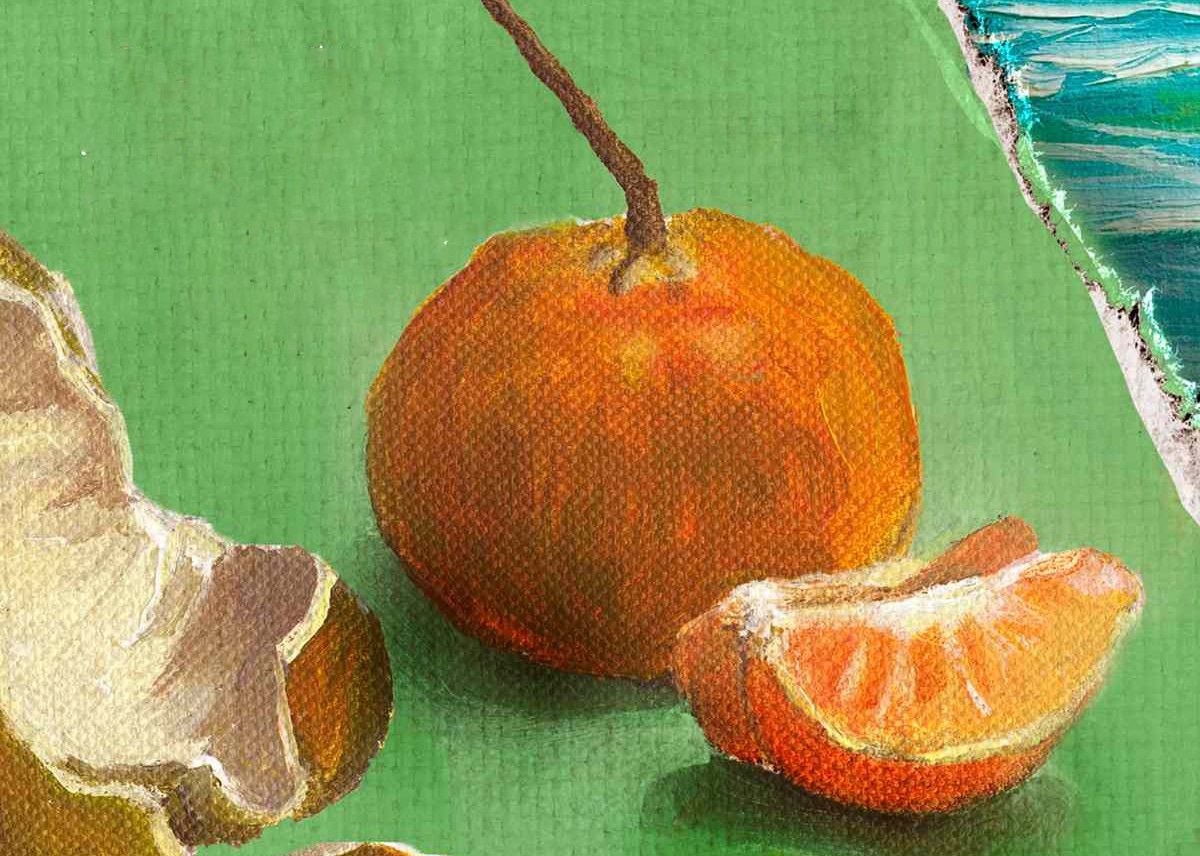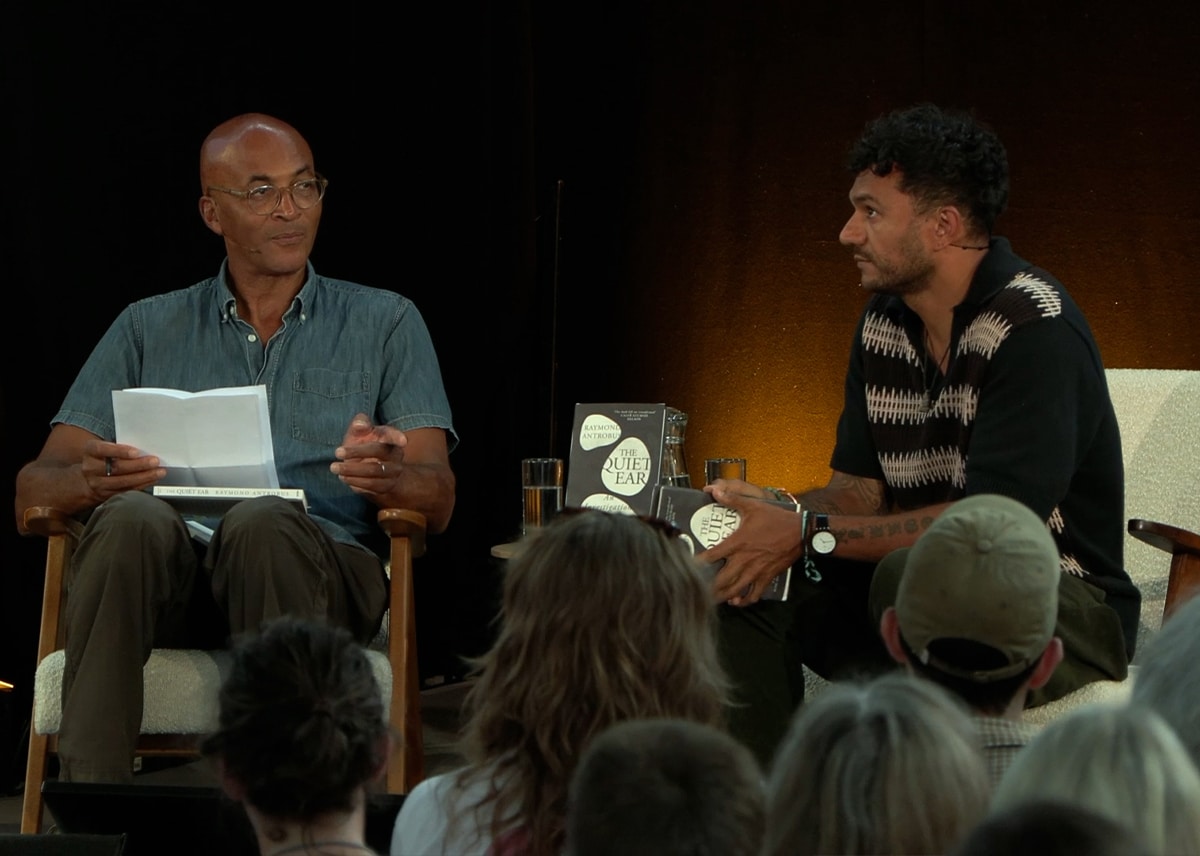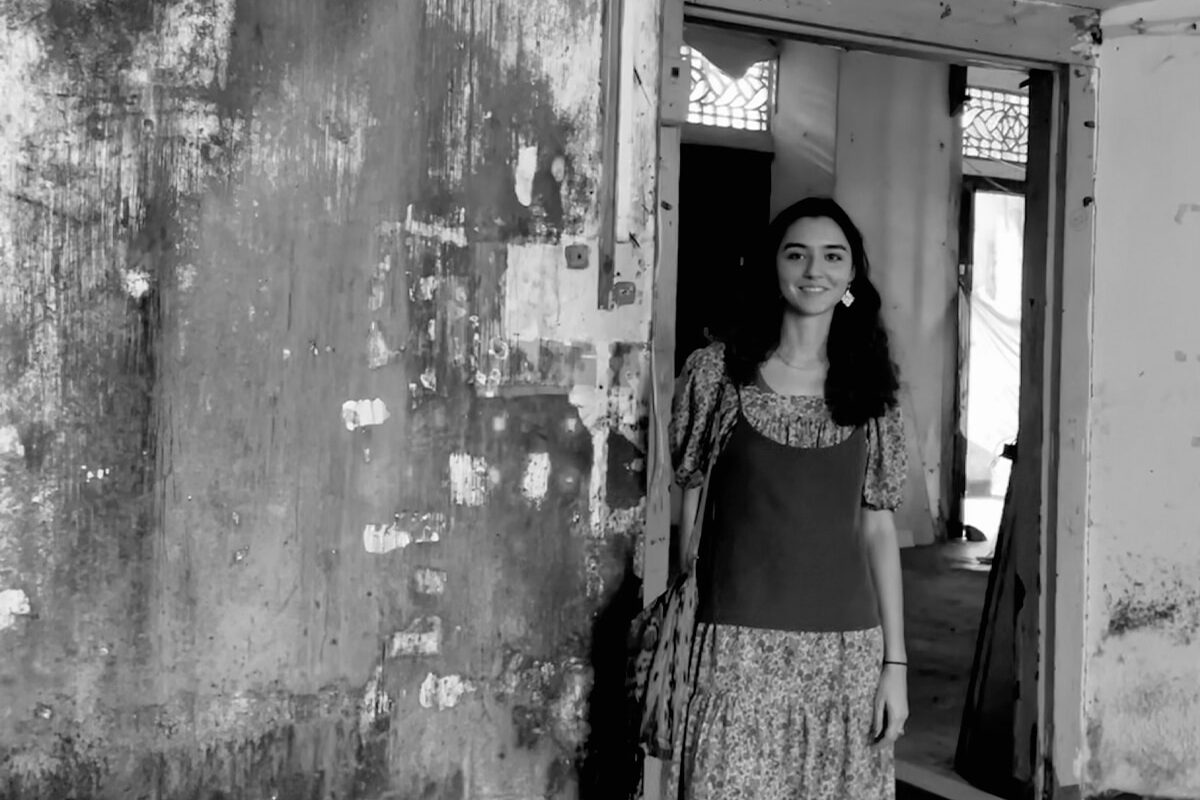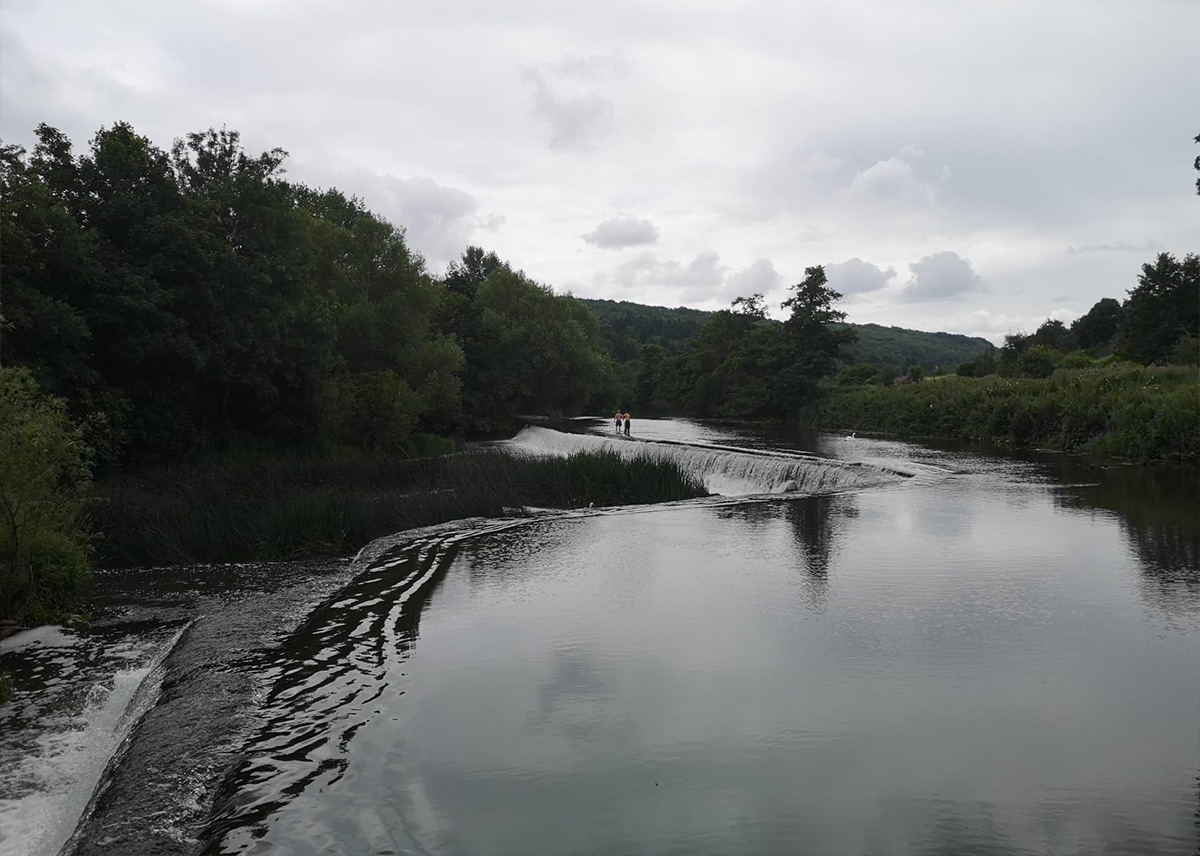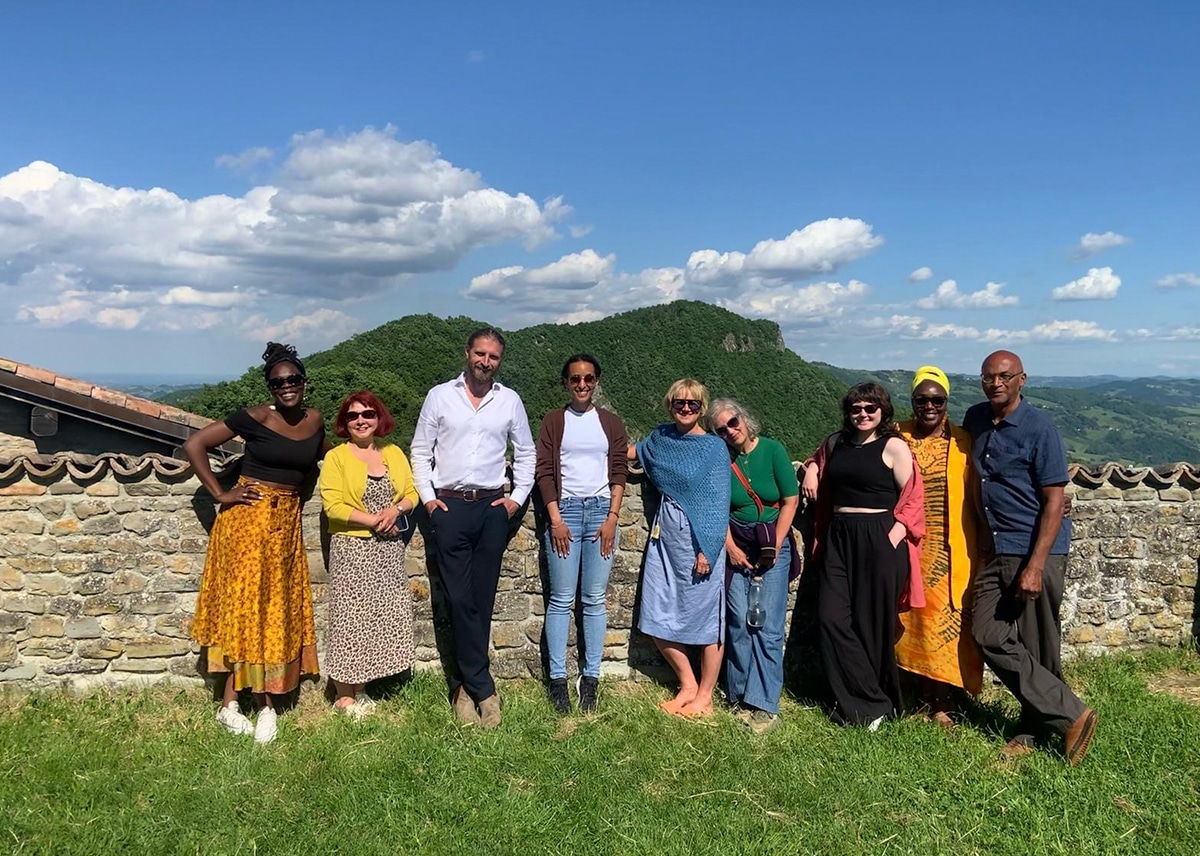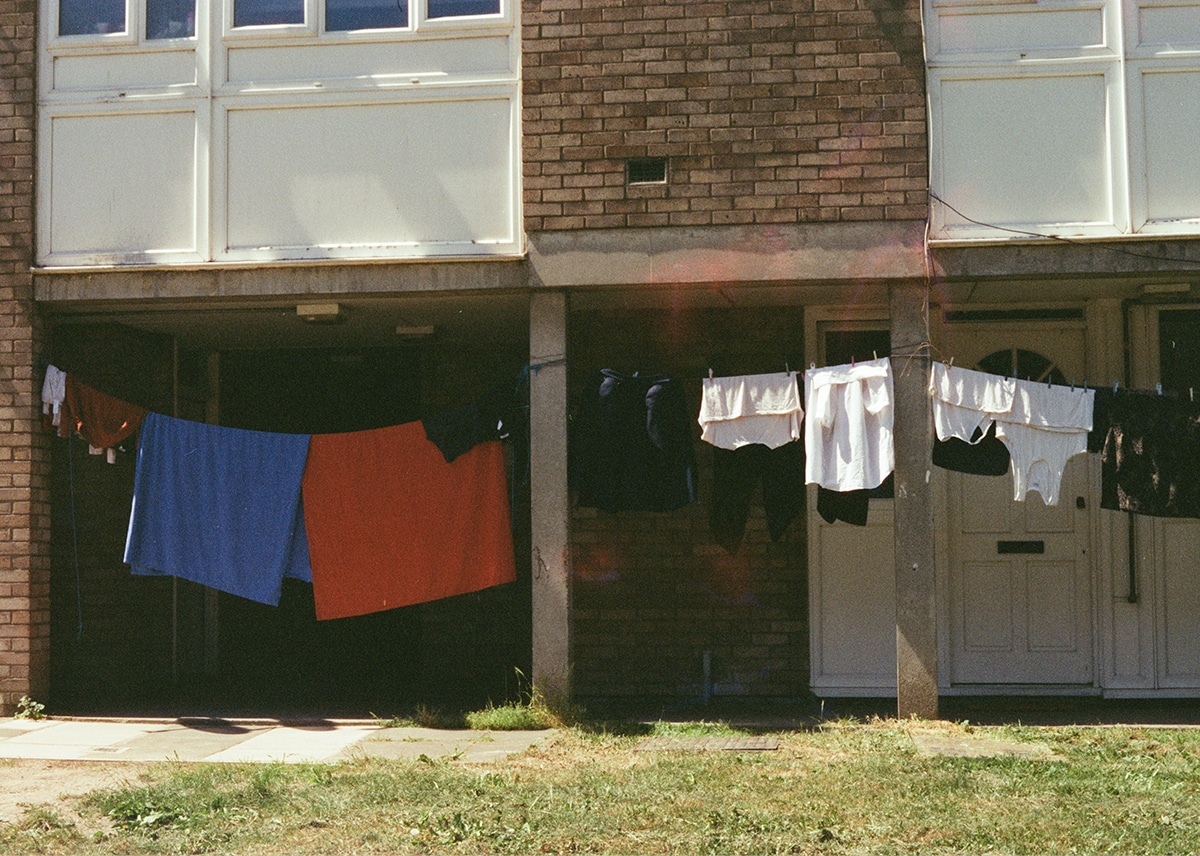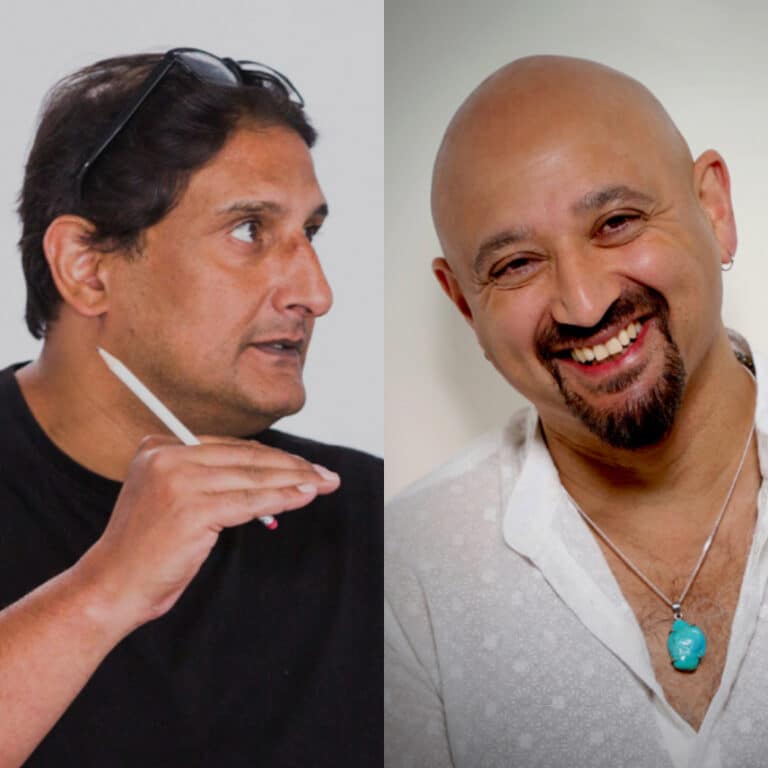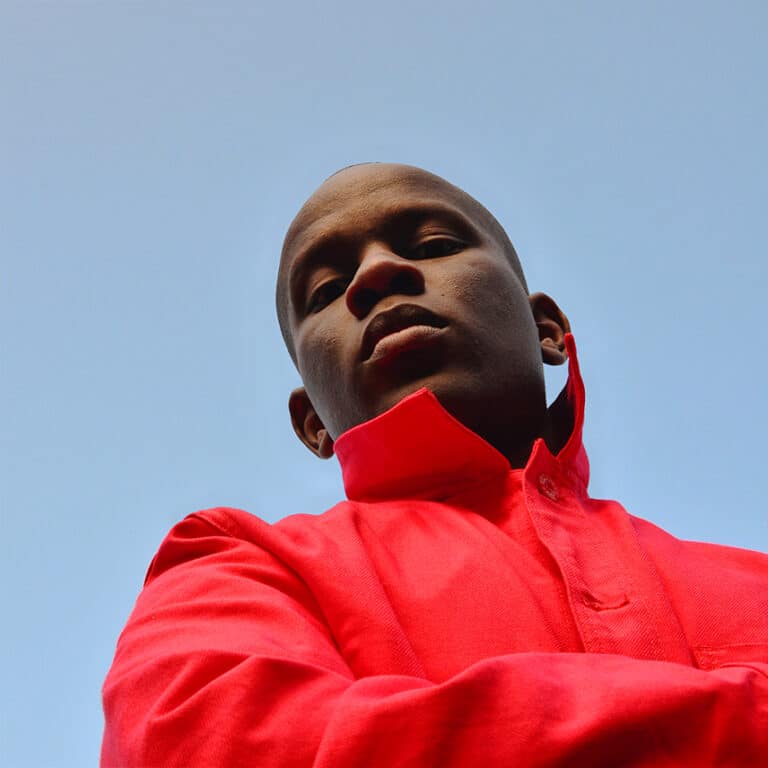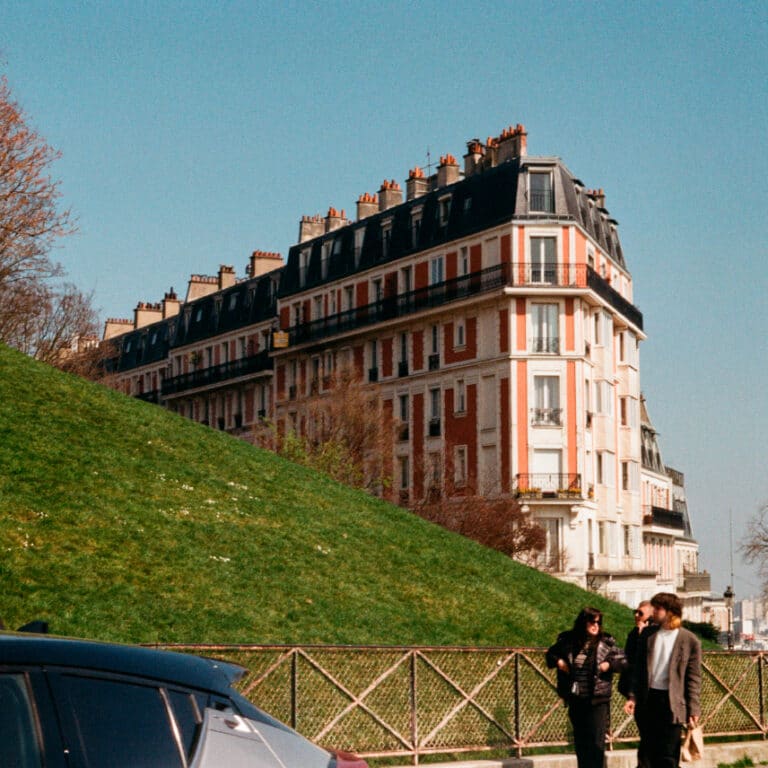We Don’t Know Ourselves

Fintan O’Toole
(Head of Zeus, £25)
Review by Suzanne Harrington
‘Sure we don’t know ourselves’ is an Irish expression which means we’ve never had it so good, that things have become unrecognisably better. As the journalist Fintan O’Toole explains in his bright, rich history of Ireland since 1958, the year of his birth, the term has layers of meaning. The idea of knowing and not knowing, of knowing and collectively pretending not to know, is what links everything; we Irish, until very recently, excelled at such cognitive dissonance. When it came to sex, brutality, corruption, and hypocrisy, everyone knew and nobody knew; we were experts at keeping our heads down. Those who couldn’t, left. That’s how Ireland worked.
O’Toole gives us a 570-page kaleidoscope of Ireland, with his own story intermittently popping up. ‘My own life is too boring for a memoir,’ he writes. ‘But it happens that my life does in some way both span and mirror a time of transformation.’ These intersections serve to enliven. There’s Fintan as Dublin altar boy witnessing the most powerful man in Ireland, not a politician but an archbishop, John Charles McQuaid, having his shoes shone by his chauffeur before Mass.
McQuaid reigned from 1940-1972; we see a photo of Taoiseach and former president, Eamon de Valera, kneeling before him, kissing the ecclesiastical ring. Playwrights, writers, and artists tended to live in ‘Ireland’s intellectual and artistic capital, Elsewhere’. Exile offered escape for women, for LGBTQ+ people, for anyone non-compliant with Catholic instruction.
This included significant numbers of the clergy. In 1985, O’Toole had a heart-stopping 120mph ride in the sports car of Bishop Eamon Casey, leaving him ‘tingling with the fright’. Bishop Casey, boy racer and champion of the South American poor, was later revealed to be a father and partner, his secret family supported by church funds. He fled the country in a storm of scandal in 1992.
Growing up, O’Toole lived in the same working-class neighbourhood – Crumlin, the cheapest square on the Irish Monopoly board – as musician Phil Lynott, and Larry Dunne (a survivor of the Industrial School system who went on to introduce heroin to inner-city Dublin). O’Toole had a summer job stacking shelves with another druggy Dunne, Ben Dunne, son of the wealthy founder of Dunnes Stores. When Ben had a cocaine meltdown in Florida in 1992, it led to revelations which eventually brought about the collapse of the most corrupt Irish Taoiseach of all time: Charles Haughey. The chapter on Haughey, with his private island, racehorses, handmade shirts and public adultery – his lover was a prominent newspaper columnist who wrote about him, using a made-up name – is astonishing.
But this is not some gossipy collection of anecdotes, however meticulously based on fact. O’Toole uses these stories to show the transformation of the Irish psyche from colonised to decolonised. Having already freed ourselves from England, a lot of this book is about how we freed ourselves, slowly and agonisingly at first, and then later with purpose and determination, from Rome. And what happened after that, when we all became property developers, unhinged by avarice, during the Celtic Tiger boom and the economic self-flagellation of its inevitable aftermath? The madness of it.
I was born in Ireland in 1967 and left for good in 1987, full of unanswered questions. O’Toole answers them, colouring in all the gaps as he forensically maps that era’s events: the ‘Kerry babies’; the H-Block hunger strikes; the Pope’s 1979 visit; the 1983 abortion referendum; the endless, insane battles around access to contraception.
How we survived by honing our knowing-and-not-knowing skills. Irish women could only be prescribed the pill if they suffered from irregular menstrual cycles, which resulted in them having the highest incidence of irregular menstrual cycles in Europe. How the strict Lenten fasting demanded by the Bishop of Cork, Cornelius Lucey – no more than tea and a biscuit – was evaded by the invention of a huge biscuit by a Cork coffee shop. These widely copied biscuits were known as Connie Dodgers – an example of ‘functioning through silence, evasion, creative ambiguity’. Or as Haughey would have put it, ‘An Irish solution to an Irish problem’.
The great horror of recent Irish history has been the treatment of women and children by the Catholic church. Shame was the great controller. Hidden in plain sight were the monolithic Magdalen laundries, mother and baby homes, Industrial Schools – places of abuse, terror, neglect, the monstering of young children, and the humiliation and depersonalisation of young women. ‘This was the church’s greatest achievement in Ireland,’ writes O’Toole. ‘It had … successfully disabled a society’s capacity to think for itself about right and wrong.’ Meanwhile, in the countryside, people gathered to stare at moving statues of the Virgin Mary.
Church rule eventually ended. O’Toole writes with compassion and empathy about how ordinary Irish people emerged in the twenty-first century, via a series of great legislative leaps forward, from a ‘deep estrangement – of exile, of reality, of ordinary experience’. Today, we are far freer to be ordinary, to be ourselves.
Photo courtesy of Afasici Papuasia
Love forms
The experience of silently reading Claire Adam’s Love Forms is one of immense and daunting loneliness
The Quiet Ear
The Quiet Ear by poet Raymond Antrobus explores what it is to be deaf in the world of the hearing through his own upbringing and the lives of other deaf artists
Nowhere
Khalid Abdalla’s one-man show Nowhere, raises questions of 'Who do we feel responsible for?' and ‘What [is] a life worth?’
In Olney River
A poem by Roger Robinson about the feeling of being watched by white families as a black man, while submerged in Olney River
Time was loud
The writer and psychiatrist Zebib K. Abraham on breaking free from the stifling demands for efficiency and learning to lean into time at the WritersMosaic Villa Lugara retreat
Wow, diaspora for real
Aniefiok Ekpoudom reflects on diaspora and the fantasy of return through conversations with friends and strangers

Preaching
'Preaching': A new poem by the T.S.Eliot Prize-winning poet Roger Robinson, from his forthcoming New and Selected Poems (Bloomsbury in 2026).
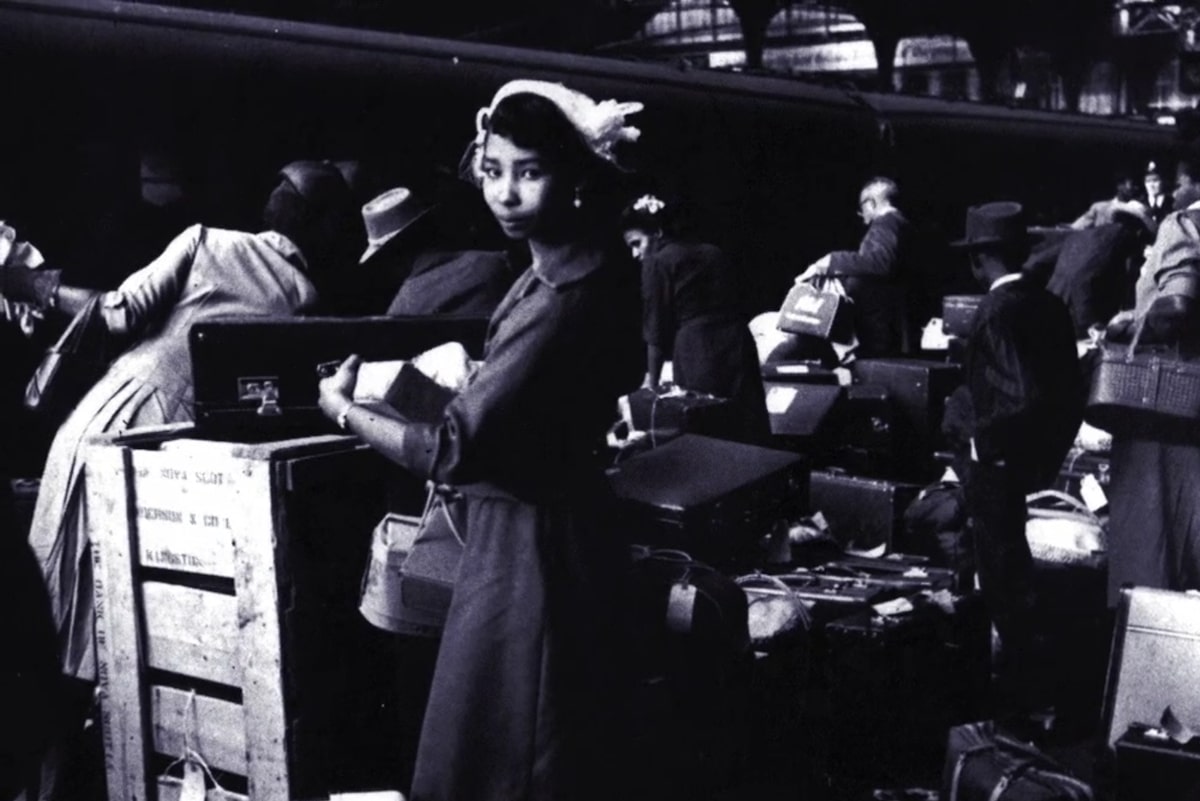
Walking in the Wake
Walking in the Wake was produced for the Estuary Festival (2021) in collaboration with Elsa James, Dubmorphology and Michael McMillan who meditates on the River Thames as we follow black pilgrims traversing sites of Empire.

Illuminating, in-depth conversations between writers.
SpotifyApple Podcasts
Amazon Music
YouTube
Other apps

The series that tells the true-life stories of migration to the UK.
SpotifyApple Podcasts
Amazon Music
YouTube
Other apps


